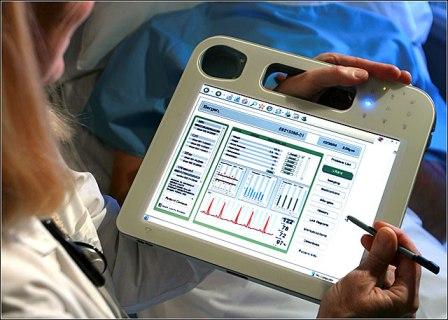Emr Records
Electronic Medical Records (EMRs) are computerized medical information systems that collect, store and display patient information. They are a means to create legible and organized recordings and to access clinical information about individual patients. Further, EMRs are intended to replace existing (often paper based) medical records which are already familiar to practitioners [1]. Patient records have been stored in paper form for centuries and, over this period of time, they have consumed increasing space and notably delayed access to efficient medical care [2]. In contrast, EMRs store individual patient clinical information electronically and enable instant availability of this information to all providers in the healthcare chain and so should assist in providing coherent and consistent care.
Electronic Medical Records (EMRs) and Electronic Health Records (EHRs) are viewed as interchangeable synonyms in most health informatics. Other similar expressions exist albeit with a sometimes slightly restricted focus. While EMRs have a general focus on medical care, Electronic Patient Records (EPRs) and Computerized Patient Records (CPRs) "contain clinical information about a patients from a particular hospital" and Electronic Health Care Records (EHCRs) "contain a patient's health information" [3].
The perceived advantages of EMRs can b








No comments:
Post a Comment